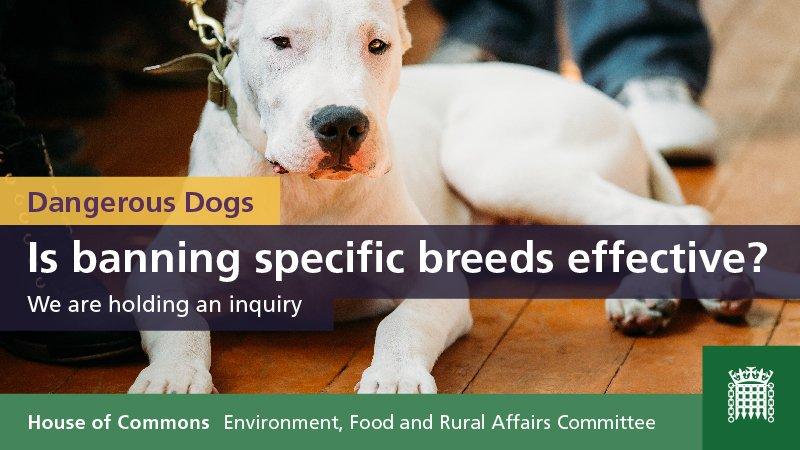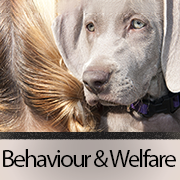Effective approaches to managing dogs in society involves many stakeholders (dog breeders, dog owners, puppy buyers and governmental agencies as well as private businesses and cynological organizations). Education is a key component of managing breeds and individual dogs to optimize society's involvement with them.
DWN is pleased to partner and collaborate with Kennel clubs and their affiliated breed clubs, veterinarians, researchers and canine experts who work tirelessly to provide insights and perspectives. We thank our collaborators for creating public education resources to support responsible dog ownership and to define sound, ethical breeding practices that improve human interactions and involvements with dogs.
Excerpt...
" The issue of dangerous dogs, dog bites and public safety is a complex one. Any dog can bite, regardless of its breed. It is the dog's individual history, behavior, general size, number of dogs involved, and the vulnerability of the person bitten that determines the likelihood of biting and whether a dog will cause a serious bite injury. Breed-specific bans are a simplistic answer to a far more complex social problem, and they have the potential to divert attention and resources from more effective approaches. "
 Hearings in the UK on June 13, 2018 shed light on the effectiveness of breed-specific legislation.
Hearings in the UK on June 13, 2018 shed light on the effectiveness of breed-specific legislation.
Witnesses: Dr Rachel Casey, Director of Canine Behaviour and Research, Dogs Trust, Robin Hargreaves, former President, British Veterinary Association, Bill Lambert, Health and Breeder Services Manager, Kennel Club, and David Ryan, former Chair, Association of Pet Behaviour Counsellors. Witnesses: Trevor Cooper, Doglaw Consultant for Battersea Dogs and Cats Home, Dr Samantha Gaines, Head of Companion Animals Department, RSPCA, and Steve Goody, Deputy Chief Executive, Blue Cross
 Donate
Donate
Recommended Comments
There are no comments to display.
Join the conversation
You can post now and register later. If you have an account, sign in now to post with your account.
Note: Your post will require moderator approval before it will be visible.